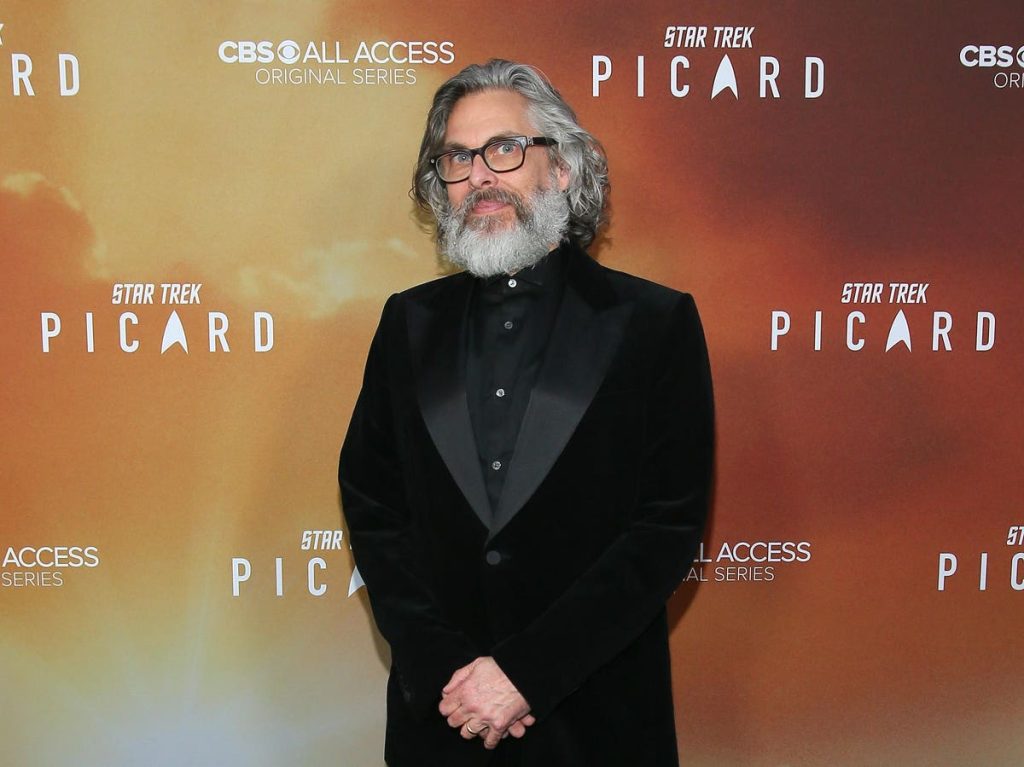Famed author and screenwriter Michael Chabon and other literary figures have sued OpenAI, claiming that the company allegedly violated their copyrights because ChatGPT can make derivative works based on their publications.
The lawsuit, which was filed in federal court in San Francisco on September 8, as a proposed class-action lawsuit, argues that OpenAI “benefit[s] commercially and profit[s] handsomely from their unauthorized and illegal use of Plaintiffs’ and Class members’ literary copyrighted works.” The other plaintiffs on the suit are writers David Henry Hwang, Matthew Klam, Rachel Louise Synder and Ayelet Waldman.
OpenAI did not immediately respond to Forbes’ request for comment.
This case is latest in a series of similar lawsuits filed by various artists and creators against the company, all of which make essentially the same claim: that OpenAI’s ChatGPT is designed to ingest vast quantities of text in order to train its language model, and then generates new works based on those texts. In doing so, the plaintiffs claim, the company is violating these artists’ copyrights.
Chabon and thousands of other authors were previously part of a public letter sent to OpenAI and other firms in July, arguing that the AI industry “should compensate us for using our writings, without which AI would be banal and extremely limited.”
In a related copyright case filed in July by Sarah Silverman, a well-known comedian, OpenAI said in a recent motion to dismiss that ChatGPT’s outputs are not in fact, a “derivative work,” arguing that the lawsuit should be dismissed.
The claims, OpenAI’s attorneys wrote last month, “misconceive the scope of copyright, failing to take into account the limitations and exceptions (including fair use) that properly leave room for innovations like the large language models now at the forefront of artificial intelligence.”
A San Francisco-based federal judge will hear arguments in Silverman v. OpenAI, and a related case, known as Tremblay v. OpenAI in early December.
Read the full article here






